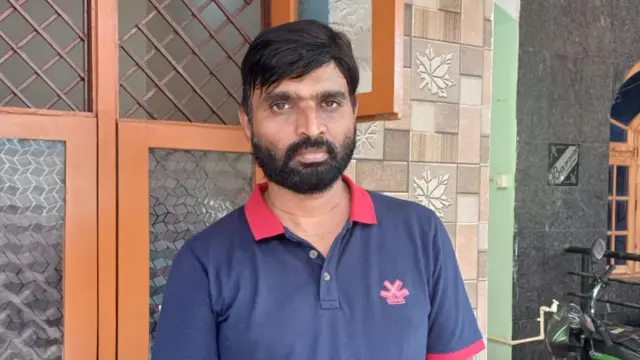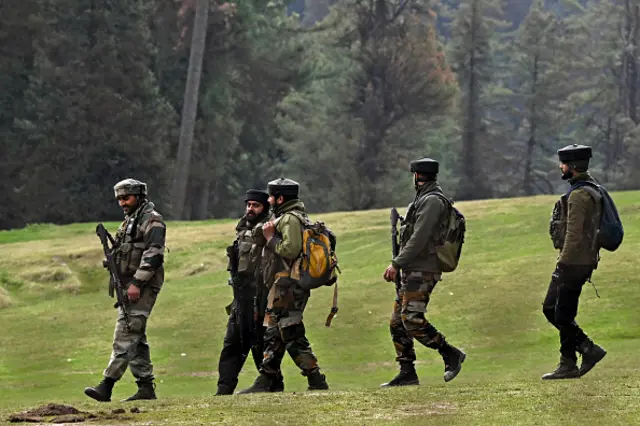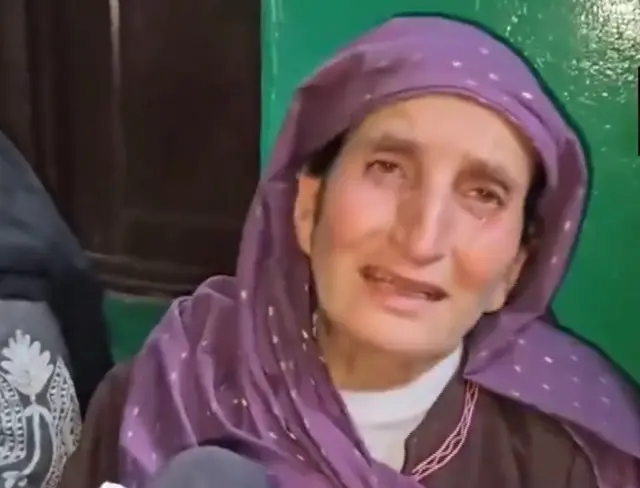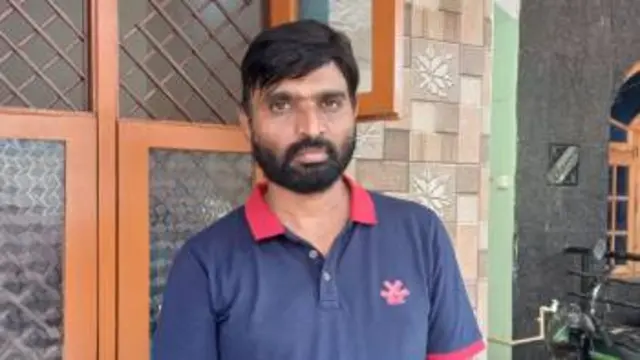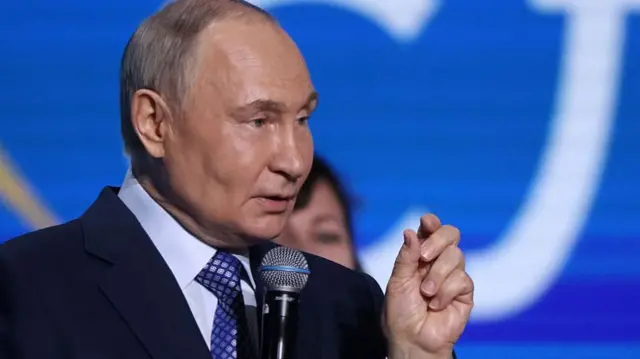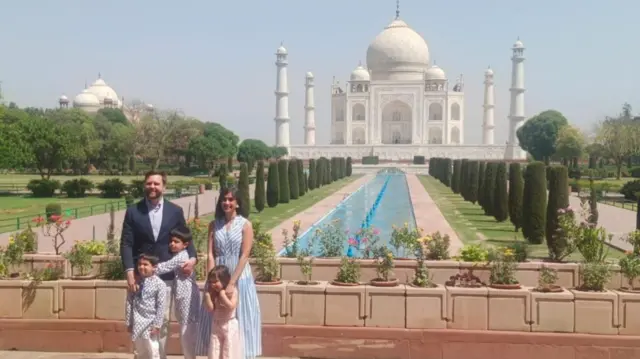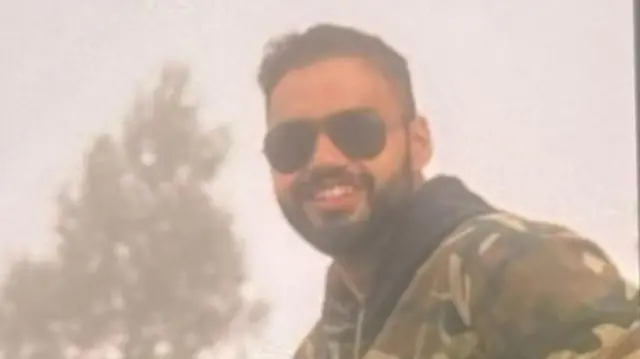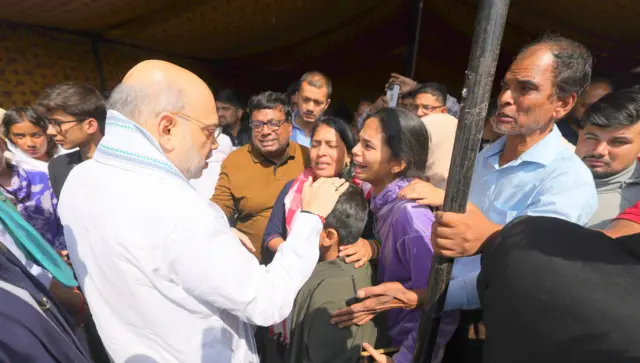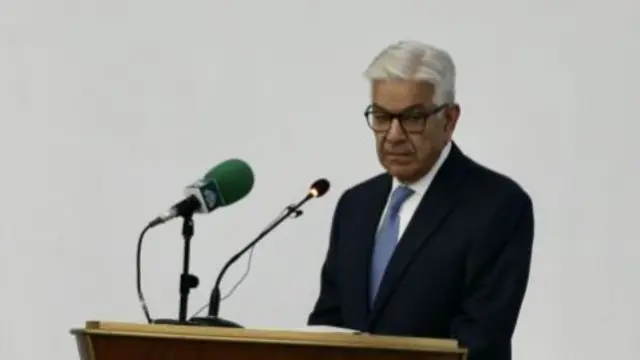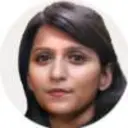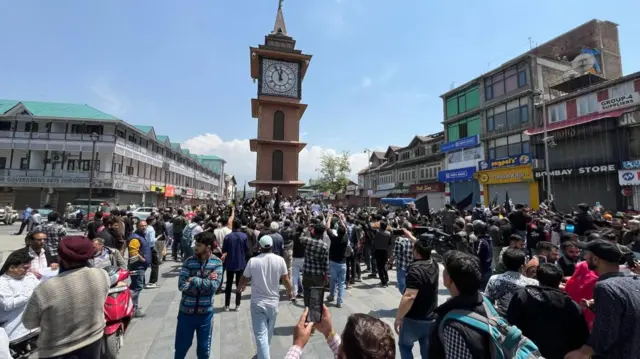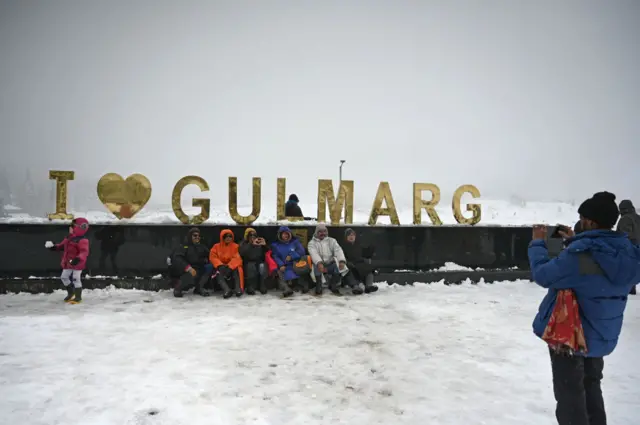The significance of Pakistan army chief’s Kashmir remarkspublished at 12:27 BST 23 April
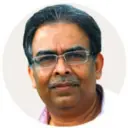 Soutik Biswas
Soutik Biswas
India Correspondent
The timing of the attack raises significant questions, particularly given the context in which it occurred, says Hussain Haqqani, a former Pakistani ambassador to the US.
He points out that the attack coincided with several key events: the visit of US Vice President JD Vance to India, a speech by Pakistan’s Army Chief General Asim Munir, external highlighting Pakistan's stance on Kashmir, and Indian Prime Minister Modi’s trip to Saudi Arabia.
Just last week, Gen Munir had said that "Pakistan would stand by Kashmiris in their fight against Indian occupation", calling Kashmir Pakistan’s "jugular vein".
Mr Haqqani told the BBC that the comments might signal a shift in Pakistan's strategy.
"They could be interpreted as suggesting that due to India's refusal to [engage with] Pakistan over Kashmir, Pakistan’s military establishment, unlike during his predecessor’s time, will no longer apply pressure on jihadi groups that operate inside Pakistani territory," Mr Haqqani said .
"At a time when Pakistan faces economic, political and security crises, the India factor can be a useful tool to unite the Pakistani public against an external enemy."
